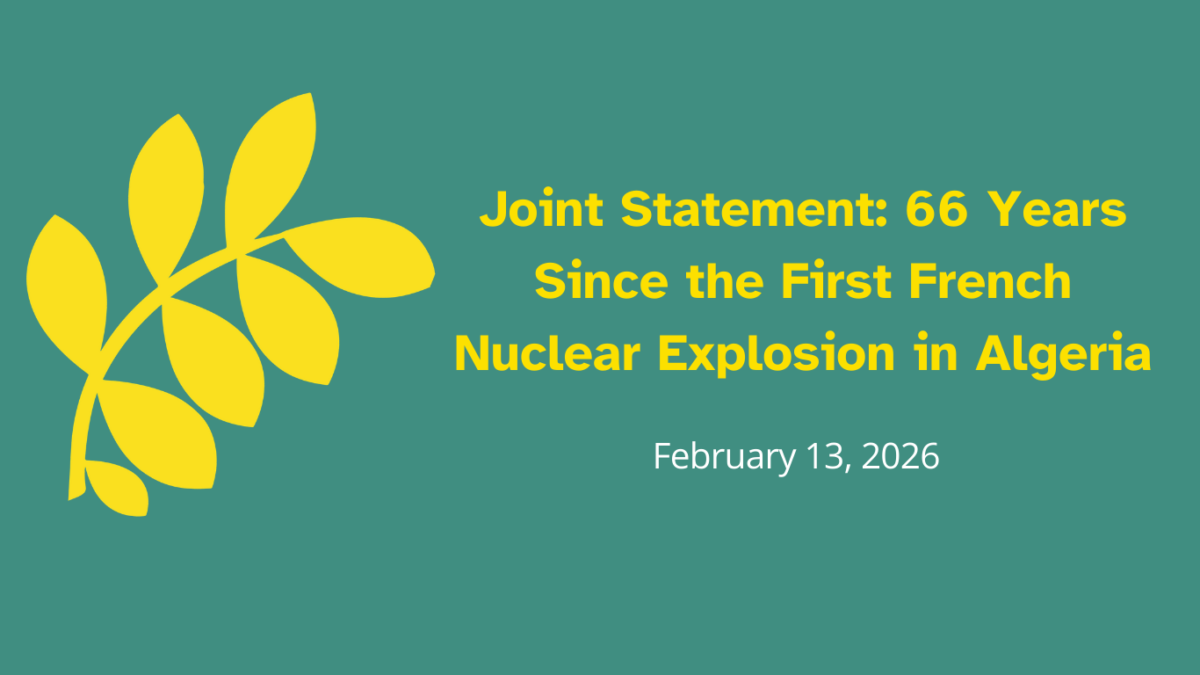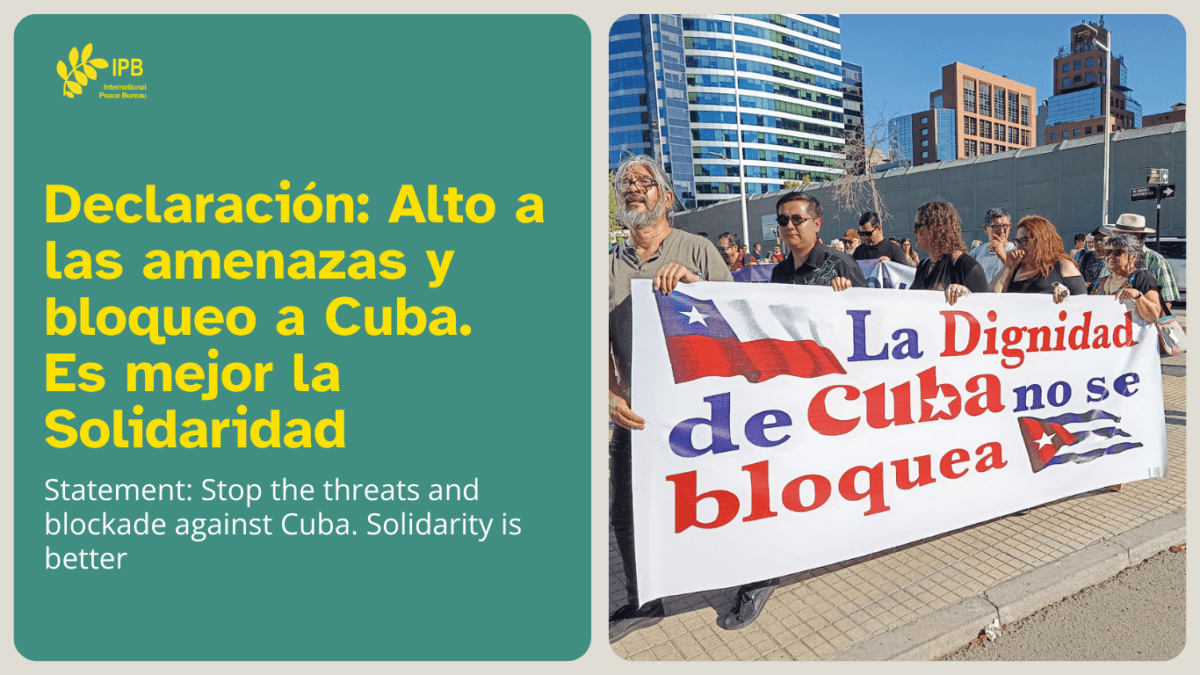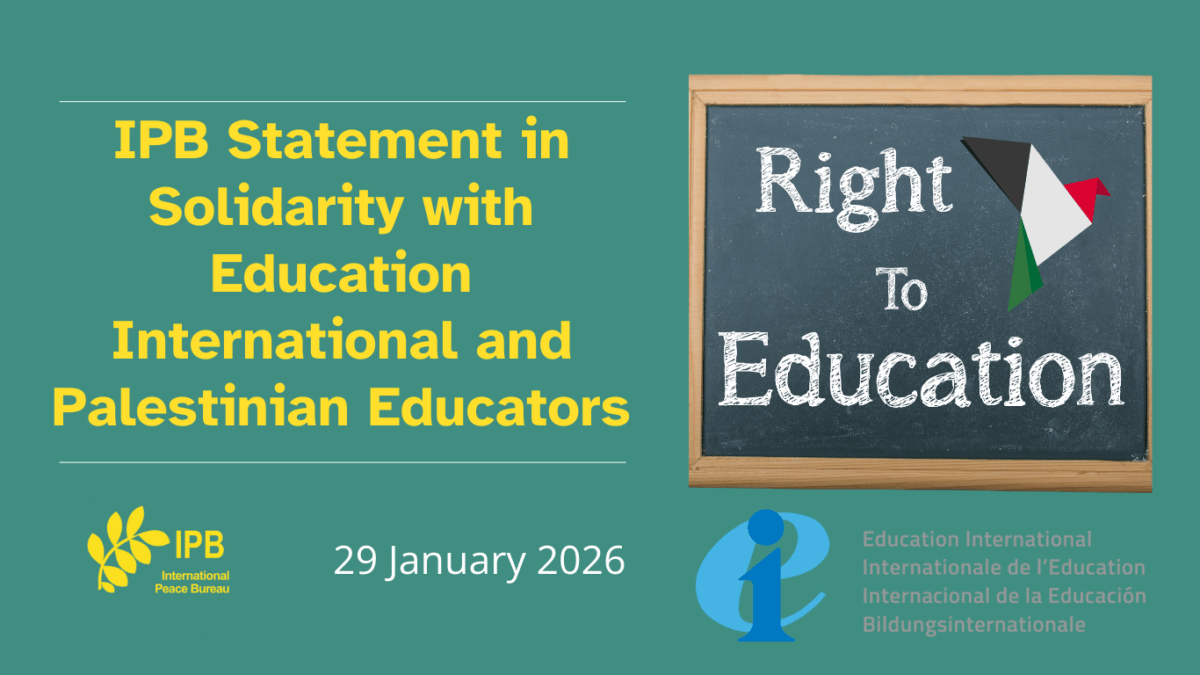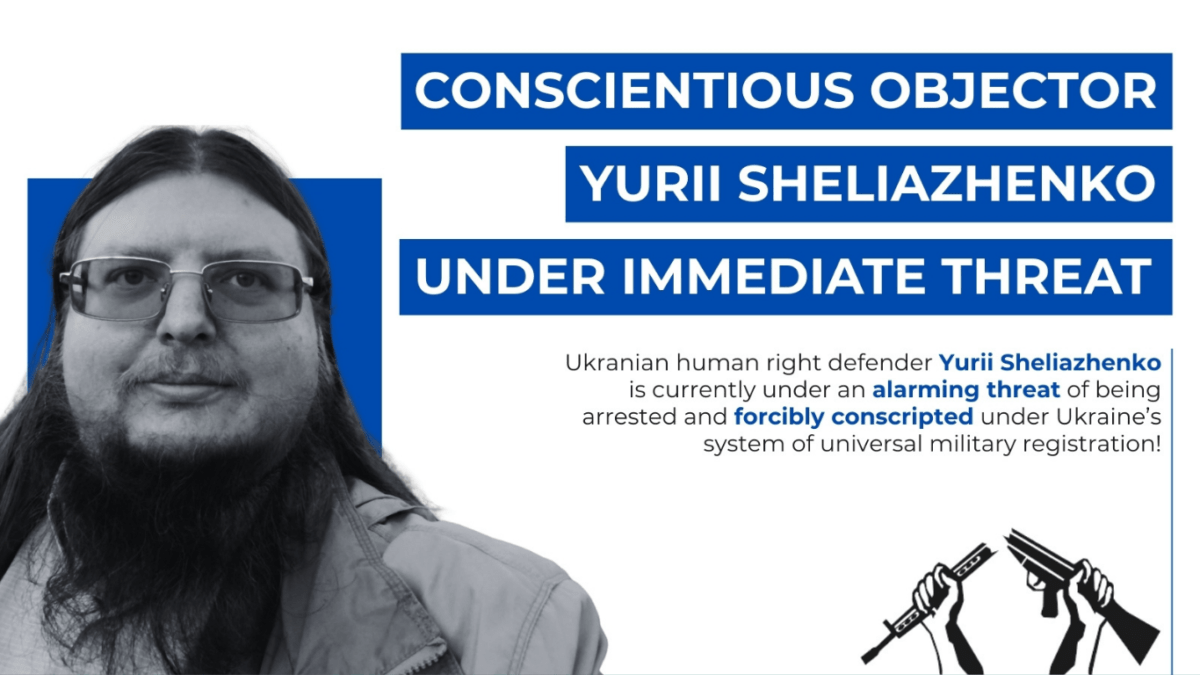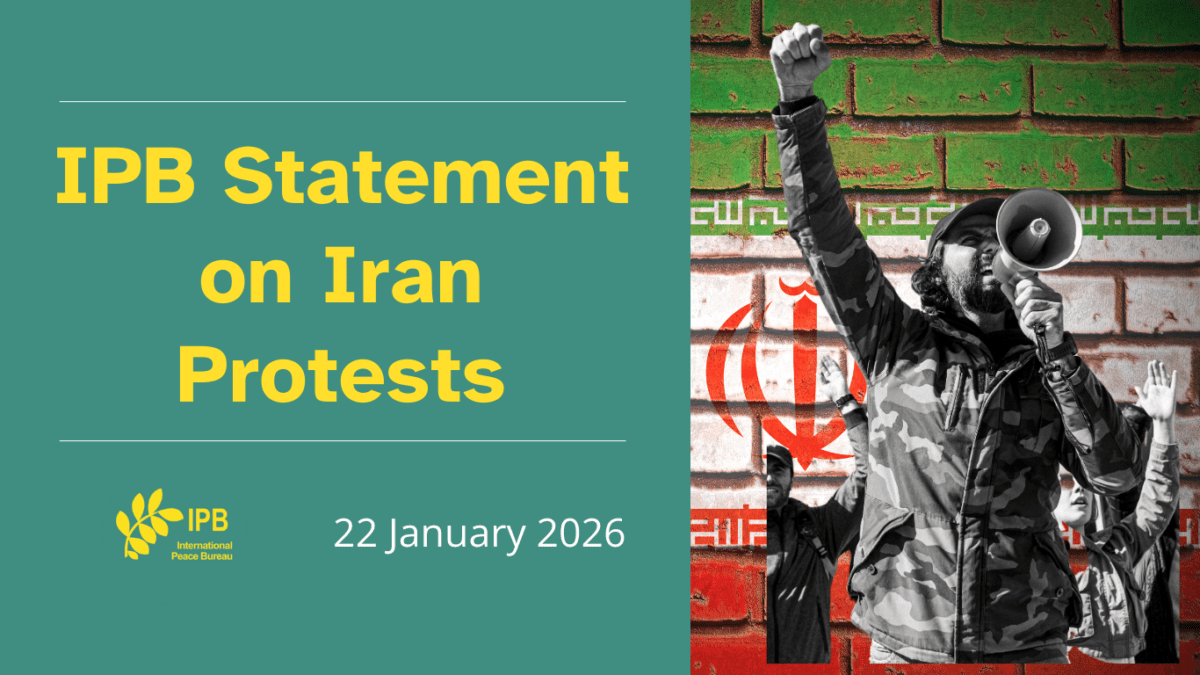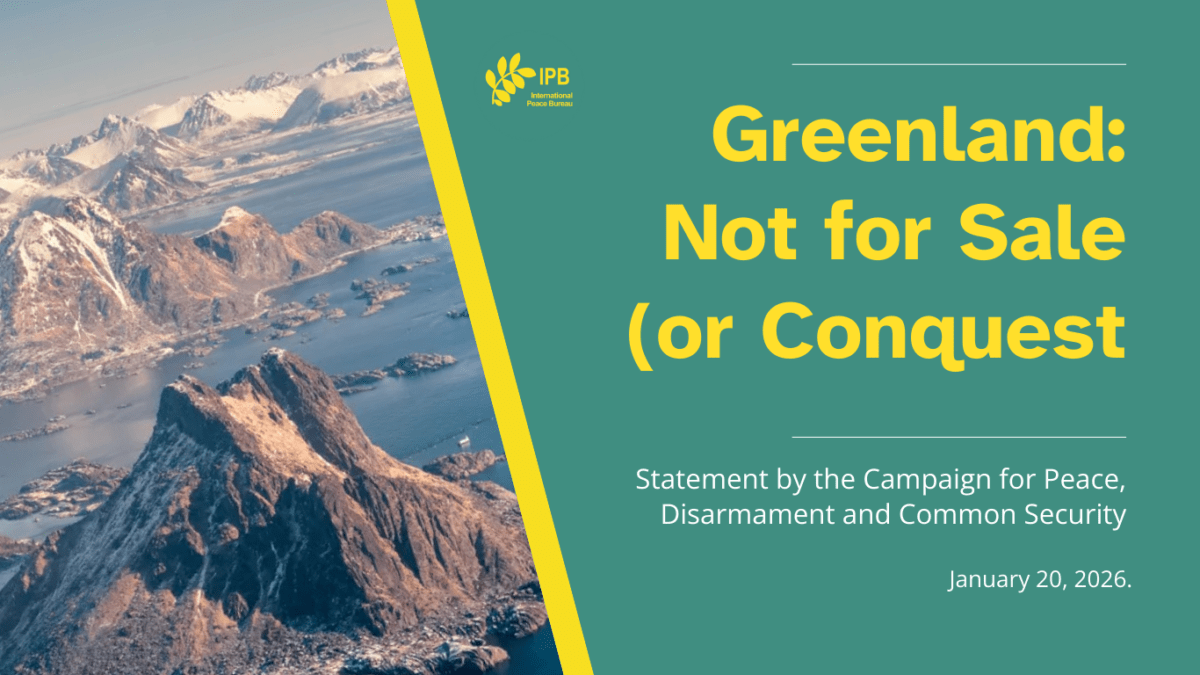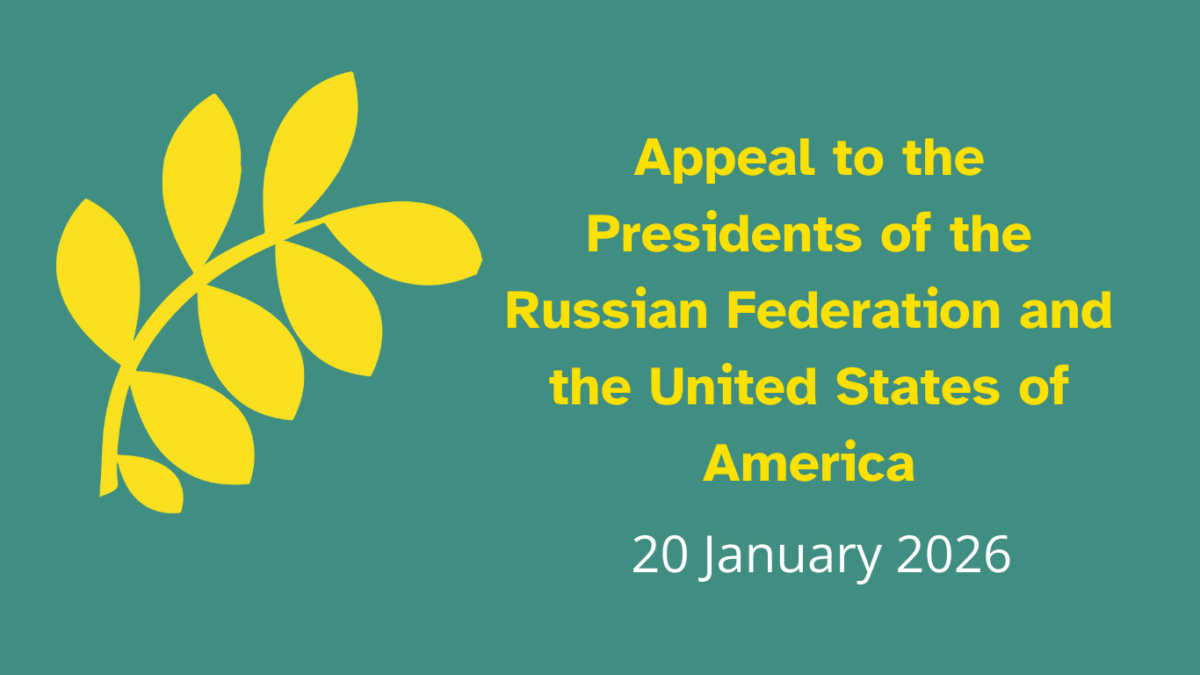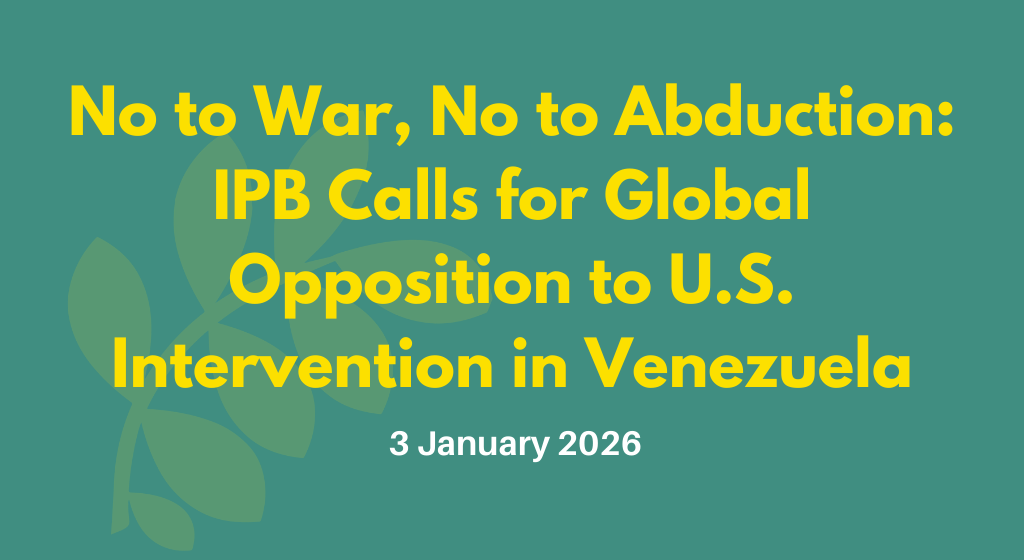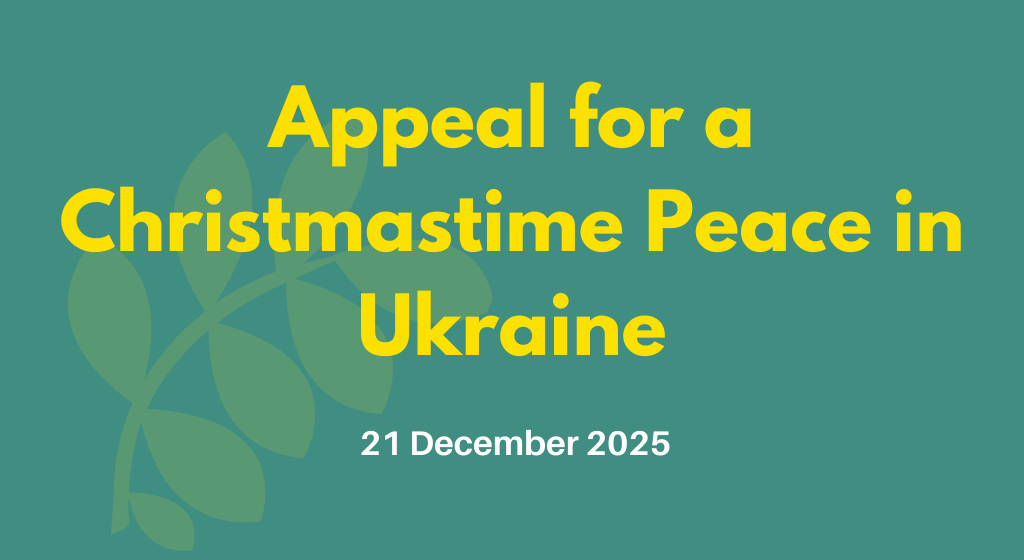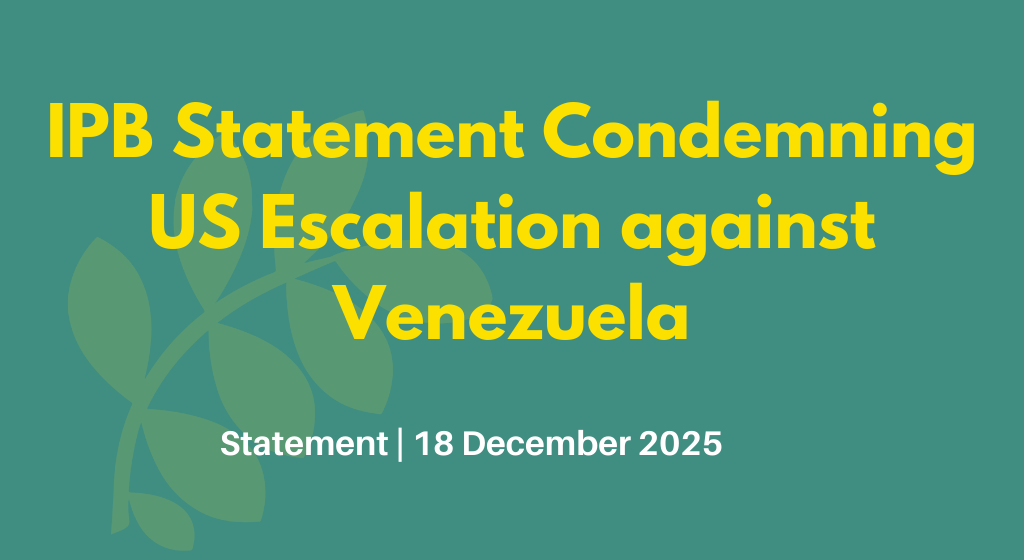No Truth Without Transparency, No Justice Without Reparation
We, the undersigned organizations representing affected communities, Indigenous peoples, and advocates for the prohibition of nuclear weapons, environmental protection, human rights, and the promotion of peace, come together to commemorate the sixty-sixth anniversary of the first nuclear explosion carried out by France in the Algerian desert on 13 February 1960. On that day, France detonated its first nuclear bomb in Reggane under the name “Gerboise Bleue,” committing a historic wrongdoing that opened a dark chapter of human and environmental harm whose effects persist to this day.
Continue reading “Joint Statement: 66 Years Since the First French Nuclear Explosion in Algeria”
